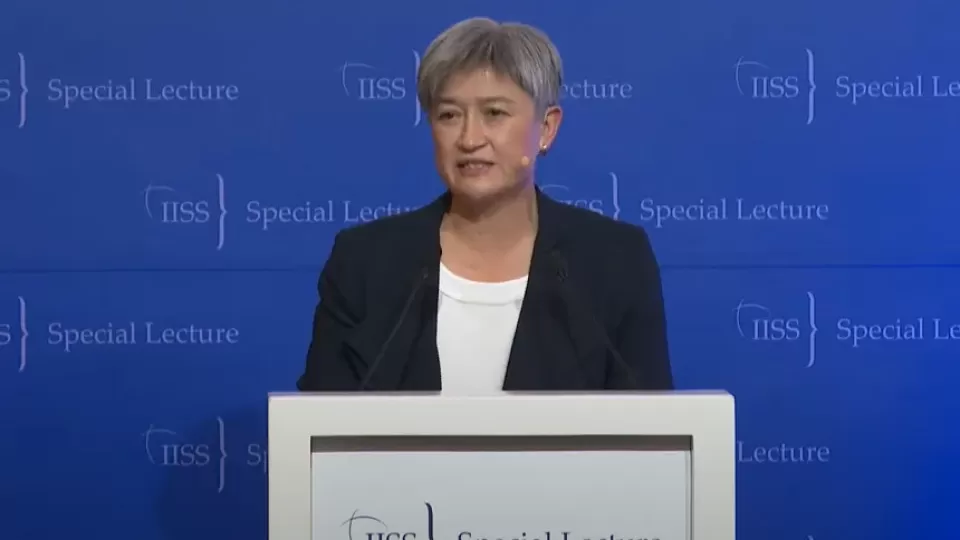July 7, 2022
SINGAPORE – On his second day in office, Australian Prime Minister Anthony Albanese, accompanied by his Foreign Minister Penny Wong, was in Tokyo to attend a Quad leaders’ summit amid China’s growing assertiveness.
Over the next few weeks, his government attended to other issues on the horizon, including China’s attempt to draw closer to the Pacific island nations, which Australia views as lying in its backyard, and Canberra’s own troubled relationship with Beijing.
Its focus turned to South-east Asia on Wednesday (July 6), with Ms Wong devoting an hour of her short visit to Singapore to deliver a lecture at the International Institute for Strategic Studies to lay out why Asean matters to the Australia.
The government, sworn in less than six weeks ago, has pledged to stay true to Asean. It has vowed to increase aid to the region, unveil an Asean economic strategy and appoint a special South-east Asia envoy, among other things.
During her lecture, Ms Wong counted all the ways that Asean centrality – the idea that the 10-nation bloc will drive all things important in the wider Asia-Pacific region – would define Australia’s relationship with the region.
Asean was central to Australia’s economic, security and foreign policy interests, she said.
“What happens in, to and through this region will be strategically central to Australia’s future. Asean centrality means that we will always think about our security in the context of your security. We understand deeply the ways in which they are interconnected. We believe that Australia must find its security in Asia, not from Asia. And that means, above all, in South-east Asia.”
But the region was being reshaped, she said, adding that it was imperative to navigate the period of change together.
A looming challenge to Asean centrality was the war in Ukraine, she pointed out, calling it a distant crisis with implications for the region which has already been rocked by food and fuel price surges.
More dangerous still was how the war smote against the principles of the region’s Treaty of Amity and Cooperation, which embodies universal principles of peaceful coexistence and friendly cooperation among nations.
Countries that play leading roles in international fora and have influence on Russia must exert their influence to end the war, she said.
“This includes China, as a great power, a permanent member of the (United Nations) Security Council, and with its ‘no limits partnership’ with Russia.”
China, which in February signed a proclaimed deep, strategic partnership with Russia, has not condemned President Vladimir Putin’s invasion, although it has offered aid and support for Ukraine.
Mrs Wong noted China’s actions in the region, where its “strategic outreach has intensified.”
“Regardless of the character of leadership Beijing chooses to demonstrate, we all have our own choices to make, and our own agency to exercise. We are more than just supporting players in a grand drama of global geopolitics, on a stage dominated by great powers.
“It is up to all of us to create the kind of region we aspire to – a stable, peaceful, prosperous and secure region,” said Ms Wong. “It is up to all of us to work towards a strategic equilibrium in the region.”
She also defended Australia’s participation in the Quad, an informal security grouping comprising the US, Japan, India and Australia, and Aukus, the trilateral security grouping of Australia, the United Kingdom and the US.
She said that coordinating closely with the US, Japan and India brings real benefits to the region, such as benefits like Covid-19 vaccines and coordinated action on climate change.
Responding to questions from the audience, including on how Australia would engage an Asean that appears to be divided on Myanmar or the Ukraine crisis, she said Asean centrality was not predicated on its unity; the grouping was created to manage differences in the region.
“We don’t understand engagement with Asean to assume that every Asean country will agree with every other Asean country,” she said.


